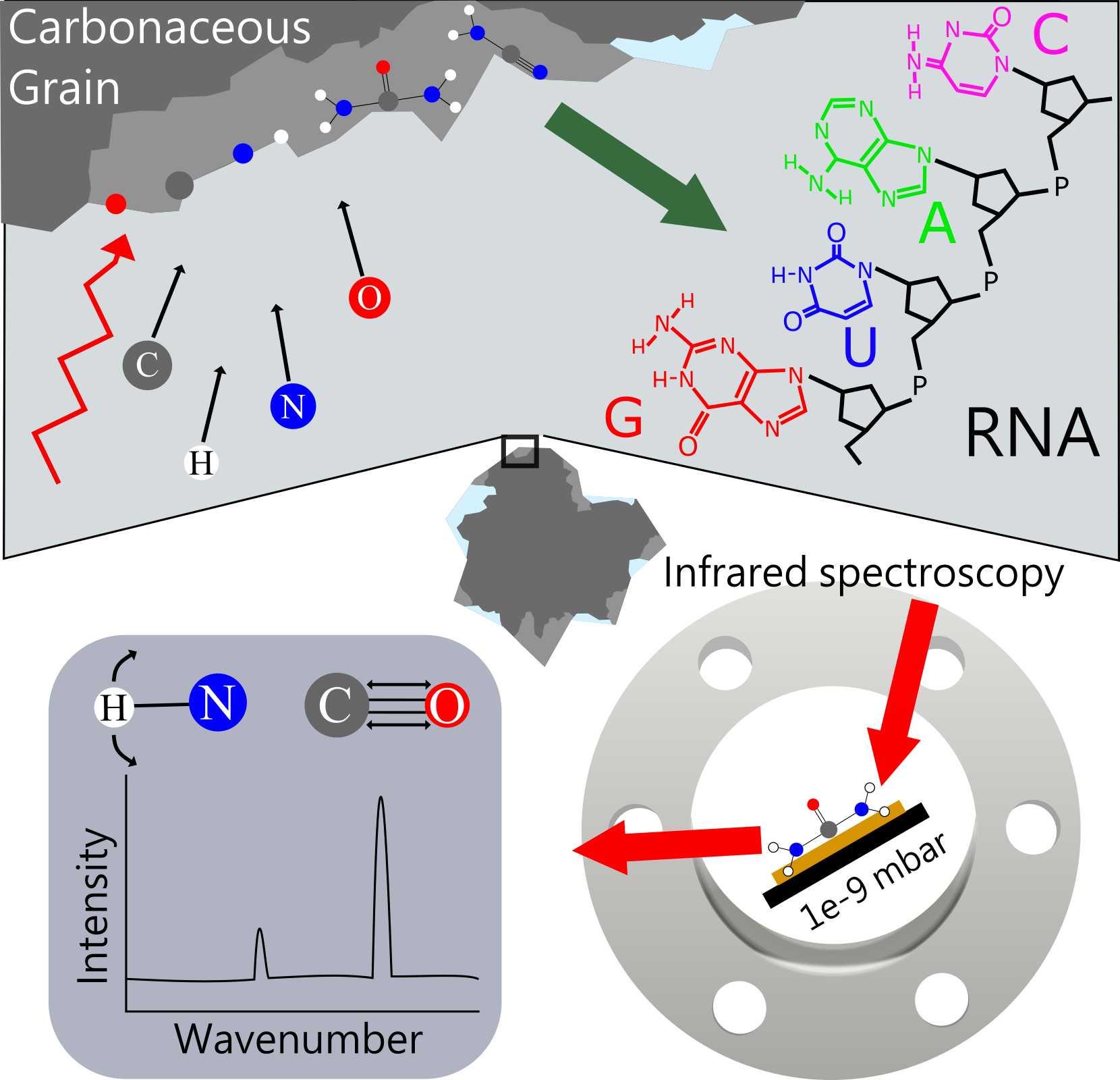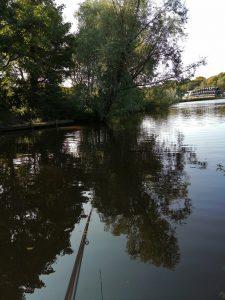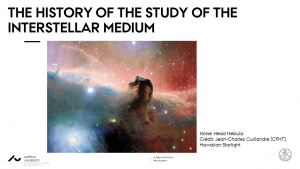I do not have access to the stunning vistas of the beaches of Brazil but instead during this lockdown I have been in the green rolling hills of the UK, usually with my dog. However, my mind and work has all been focused in Denmark and so I, like Julia, have had to adjust to make the most of working at a distance.

My Dog Polly who often disturbs me while I try to work. Yet another odd thing to get used to working from home!
When it became clear I couldn’t get over to Denmark any time soon to start my PhD I was left with a choice. I could either delay starting and hope it gets better or start at a distance and try to make the best of it. I chose the latter and have been trying to get involved in my studies and with the group as much as possible. As a part of my PhD I have to take part in some masters and PhD courses to further my knowledge and I thought that since they were online this would be a productive thing for me to do. I was a little late starting in the semester but still had a good choice of courses and wanted to challenge myself by doing some courses I hadn’t really done much of before.
I chose to do a practical programming and numerical methods course as I had done some python coding before, a student colloquium, a Visualize your Science course and finally a star and planet formation course. I have at this point completed the student colloquium which required me to present a topic in the field of science that I found interesting for forty minutes (I showed a slide of this in the 2nd blog post!). These are all courses I have not had direct experience with as you can probably tell with my drawing of a drill I had to do for the visualize science course.

Drawing of a drill done by Alfred for his Visualize your Science course. Made using Inkscape.
I concluded that courses like this would be possible to do at a distance, are productive and would be no harder than doing it in person in Denmark. I was wrong about this as it does provide some challenges I had not considered before that point. The biggest challenge has been the feeling of isolation as in that moment you have a Sisyphean task ahead of you and no one to your right or left to ask for guidance. I want to stress for anyone reading this who is studying that although it can seem this way it is not the case. Try to speak to your colleagues about the work and always ask the course leader for some assistance as they also realize the difficulties of remote working. The course I have really enjoyed doing the star and planet formation course and I think a large part of that is down to it being run by Rijutha and Gabi who make feel like they are there to support your learning. There is only a small group of us doing the course which has also helped as we talk between each other to support our shared learning (which often involved Laura doing most of the explaining!).
Another challenge I have encountered has been organizing my time when at home and being in a different time zone. It is hard working at home and Julia has already given her tips for staying motivated and productive so I won’t talk too much about this but I will mention my own difficulties with the time difference. I am out from the time in Denmark by one hour which may not seem like a lot and it isn’t but it’s something that has almost tripped me up a few times already such as when I almost gave out the wrong time to everyone for my colloquium. If I hadn’t have noticed I would have presented to an empty zoom room! My advice for this is to stick entirely in one time zone. So for example I now add everything into my work calendar at the English times so I don’t have to think about the time difference every time we have a meeting.
The biggest piece of advice I have learnt from this experience has been to try not to worry too much and use this as an opportunity to try something new and a bit different. I have found my practical programming course very difficult due to lack of previous experience but it has been very interesting and I feel I have developed a new skill which I would never have thought to do before. I have enjoyed doing all my courses in different ways and would encourage people not to look at the disruptions of this pandemic to ‘normal work’ as a total waste of time but as an opportunity to try something new and to learn in different ways. As proof of me learning new skills and putting what I say into practice here is the graphical abstract I have made as part of my learning. It isn’t perfect or even finished but I am proud of what I have achieved so far!

A work in progress graphical abstract.





